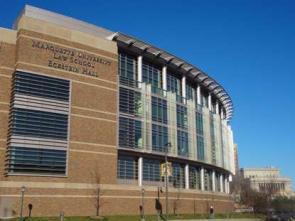
Wisconsin Law School Directory
Browse this directory of law schools in Wisconsin to learn more about each school.
56 views
Browse this directory of law schools in Wisconsin to learn more about each school.
56 views
Browse this directory of law schools in West Virginia to learn more about each school.
72 viewsBrowse this directory of law schools in Washington to learn more about each school.
37 views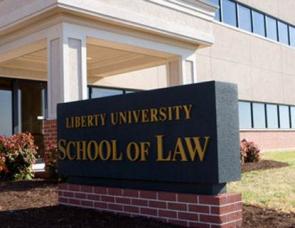
Browse this directory of law schools in Virginia to learn more about each school.
177 views
Browse this directory of law schools in Vermont to learn more about each school.
37 viewsBrowse this directory of law schools in Utah to learn more about each school.
35 viewsBrowse this directory of law schools in Wyoming to learn more about each school.
25 views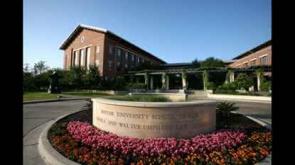
Browse this directory of law schools in Texas to learn more about each school.
137 viewsBrowse this directory of law schools in Tennessee to learn more about each school.
56 views
Browse this directory of law schools in South Dakota to learn more about each school.
22 viewsBrowse this directory of law schools in South Carolina to learn more about each school.
155 viewsBrowse this directory of law schools in Rhode Island to learn more about each school.
36 views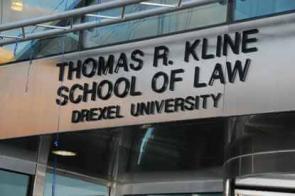
Browse this directory of law schools in Pennsylvania to learn more about each school.
131 views
Browse this directory of law schools in Oregon to learn more about each school.
73 viewsBrowse this directory of law schools in Oklahoma to learn more about each school.
48 viewsBrowse this directory of law schools in North Dakota to learn more about each school.
20 views
Browse this directory of law schools in Ohio to learn more about each school.
106 views
Browse this directory of law schools in North Carolina to learn more about each school.
94 views
Browse this directory of law schools in New York to learn more about each school.
319 viewsBrowse this directory of law schools in New Mexico to learn more about each school.
6 views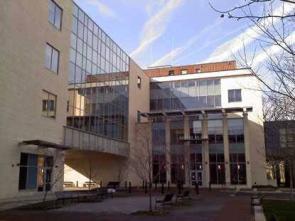
Browse this directory of law schools in New Jersey to learn more about each school.
106 views
Browse this directory of law schools in New Hampshire to learn more about each school.
24 viewsBrowse this directory of law schools in Nevada to learn more about each school.
69 viewsBrowse this directory of law schools in Nebraska to learn more about each school.
77 views
Browse this directory of law schools in Montana to learn more about each school.
12 views
Browse this directory of law schools in Missouri to learn more about each school.
17 viewsBrowse this directory of law schools in Mississippi to learn more about each school.
26 viewsBrowse this directory of law schools in Minnesota to learn more about each school.
32 views
Browse this directory of law schools in Michigan to learn more about each school.
98 views
Browse this directory of law schools in Massachusetts to learn more about each school.
125 views